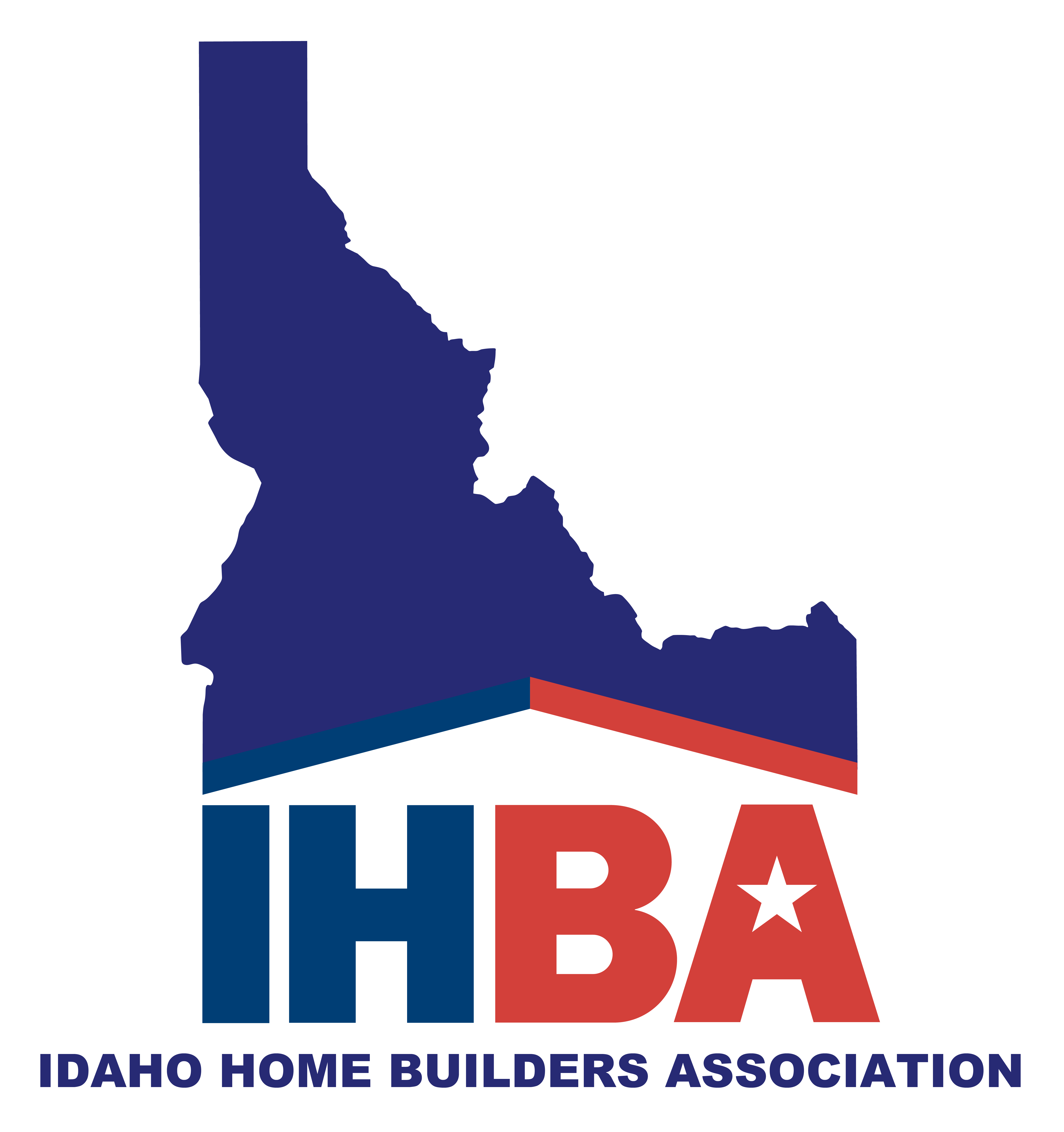
We spend a lot of time in our homes. In fact, the Environmental Protection Agency (EPA) has estimated being inside comprises 90% of our days. However, the EPA also has determined your indoor air can be three to five times dirtier than outdoors.
That’s because our houses are securely sealed to enhance energy efficiency. While this is fantastic for your heating and cooling costs, it’s not so good if you’re amid the 40% of the population with respiratory allergies.
When outdoors ventilation is limited, pollutants including dust and volatile organic compounds (VOCs) may get captured. As a consequence, these pollutants might worsen your allergies.
You can enhance your indoor air quality with clean air and regular cleaning and vacuuming. But if you’re still having issues with symptoms when you’re at home, an air purifier may be able to provide relief.
While it can’t remove pollutants that have landed on your furniture or carpet, it could help purify the air traveling across your house.
And air purification has also been scientifically verified to help lower some allergic symptoms, according to the American College of Allergy, Asthma and Immunology. It might also be appropriate if you or a loved one has lung trouble, like emphysema or COPD.
There are two models, a portable air purifier or a whole-home air purifier. We’ll examine the differences so you can determine what’s right for your residence.
Whole-House Air Purifier vs. Portable Air Purifiers
A portable air purifier is for a lone room. A whole-house air purifier accompanies your HVAC unit to clean your entire home. Some models can purify independent when your home comfort system isn’t running.
What’s the Best Air Purifier for Allergies?
Seek an option with a High Efficiency Particulate Air (HEPA) filter. HEPA filters are used in hospitals and offer the best filtration you can buy, as they trap 99.97% of particles in the air.
HEPA filters are even more useful when combined with an ultraviolet (UV) germicidal light. This powerful blend can eliminate dust, dander, pollen and mold, all of which are common allergens. For the greatest in air purification, consider equipment that also has a carbon-based filter to decrease household smells.
Avoid getting an air purifier that makes ozone, which is the top ingredient in smog. The EPA cautions ozone could worsen respiratory troubles, even when released at small settings.
The Allergy and Asthma Foundation of America has created a checklist of questions to consider when getting an air purifier.
- What can this purifier extract from the air? What doesn’t it remove?
- What’s its clean air delivery rate? (A better amount means air will be purified faster.)
- How frequently does the filter or UV bulb need to be switched]? Can I finish that on my own?
- How much do spare filters or bulbs cost?
How to Reduce Seasonal Allergy Symptoms
Want to get the {top|most excellent|best] results from your new air purification unit? The Mayo Clinic advises taking other measures to limit your exposure to problems that can cause seasonal allergies.
- Stay indoors and keep windows and doors closed when pollen counts are heightened.
- Have other family members cut the lawn or pull weeds, since these jobs can aggravate symptoms. If you are required to do these chores alone, consider using a pollen mask. You should also rinse off immediately and put on new clothes once you’re completed.
- Avoid hanging laundry outside.
- Turn on your air conditioner while at home or while driving. Consider adding a high efficiency air filter in your residence’s heating and cooling unit.
- Balance your house’s humidity saturation with a whole-house dehumidifier.
- Hardwood, tile or linoleum are the best flooring materials for lowering indoor allergens. If your residence has carpet, use a HEPA filter on your vacuum cleaner.
Let Our Specialists Handle Your Indoor Air Quality Needs
Want to progress with adding a whole-house air purifier? Give our specialists a call at 208-603-2210 or contact us online to schedule an appointment. We’ll help you choose the ideal unit for your family and budget.







